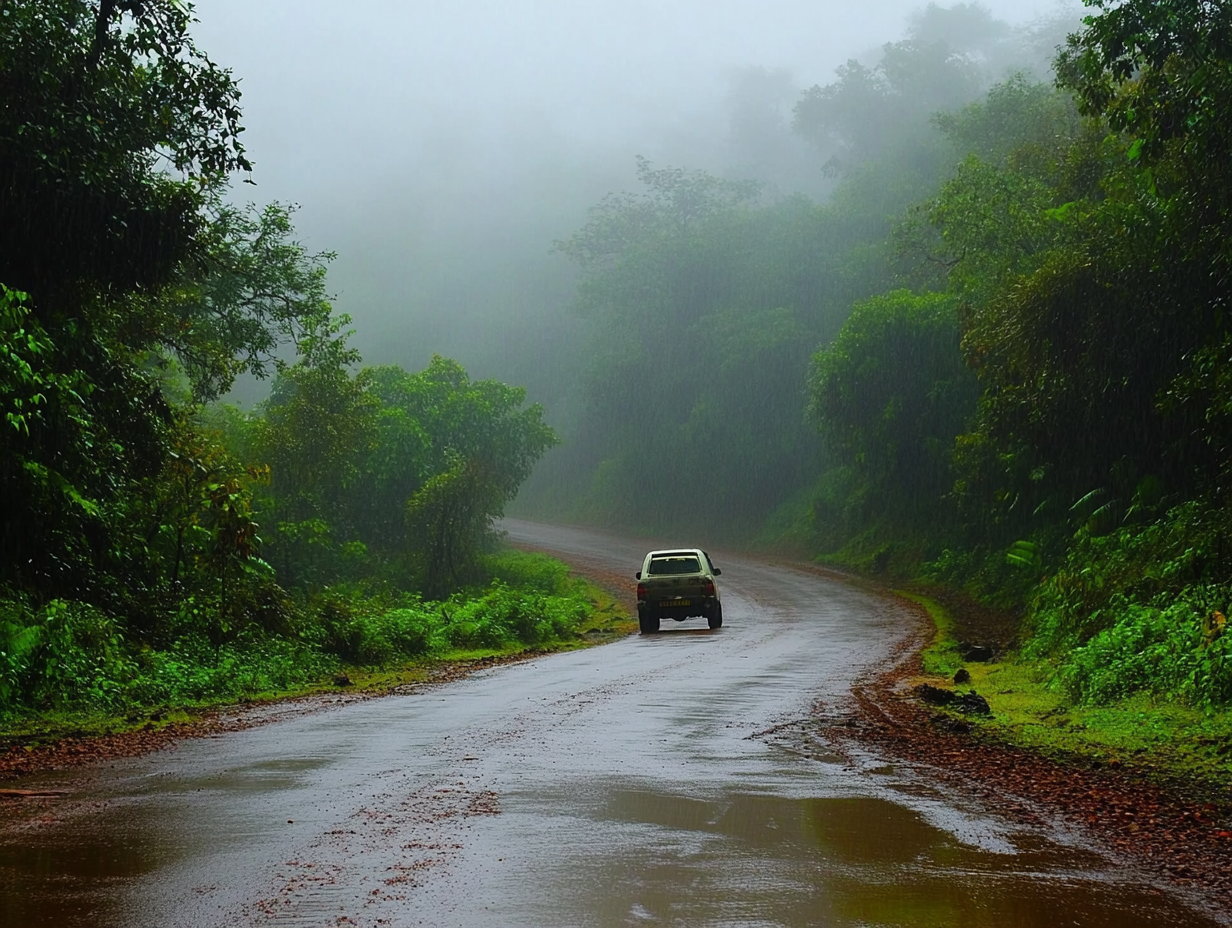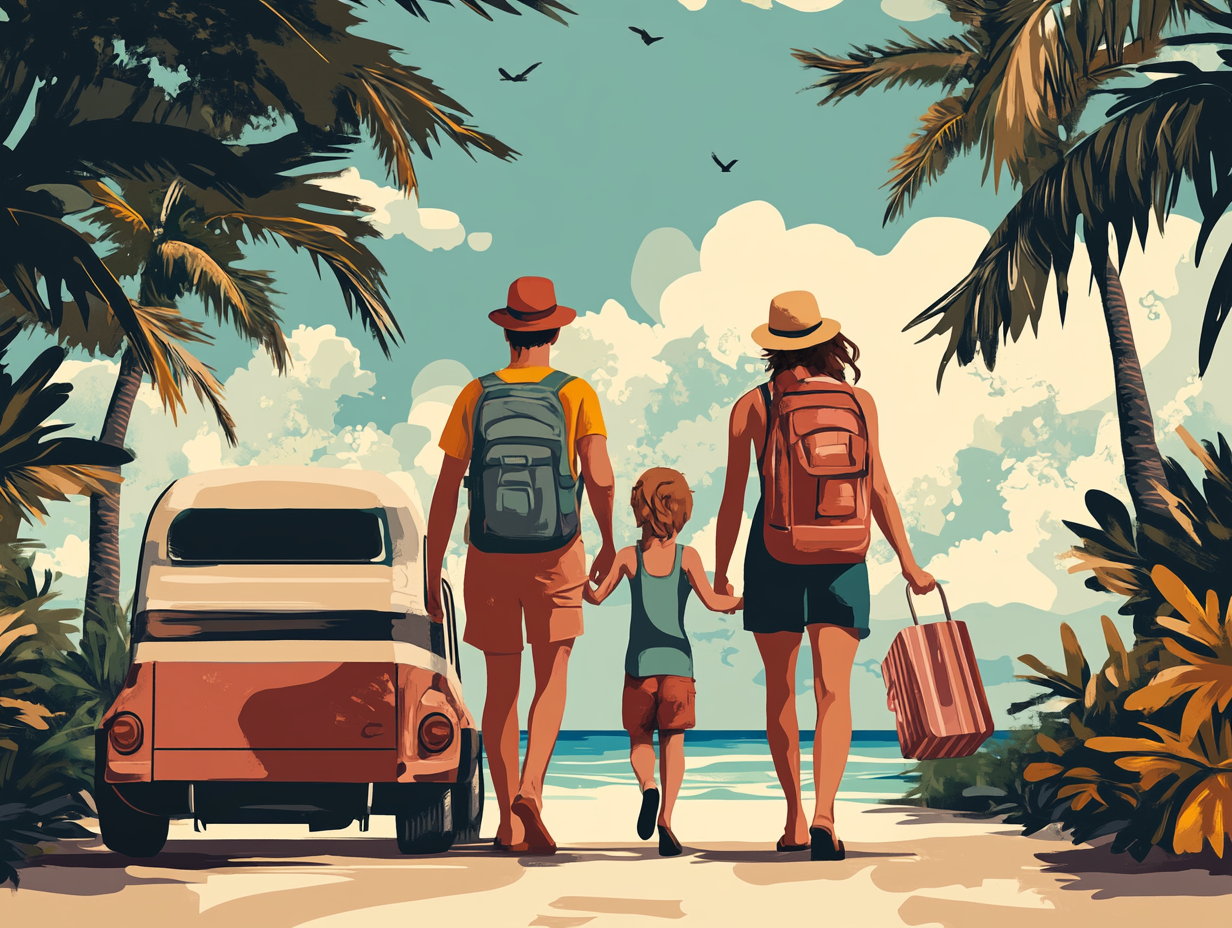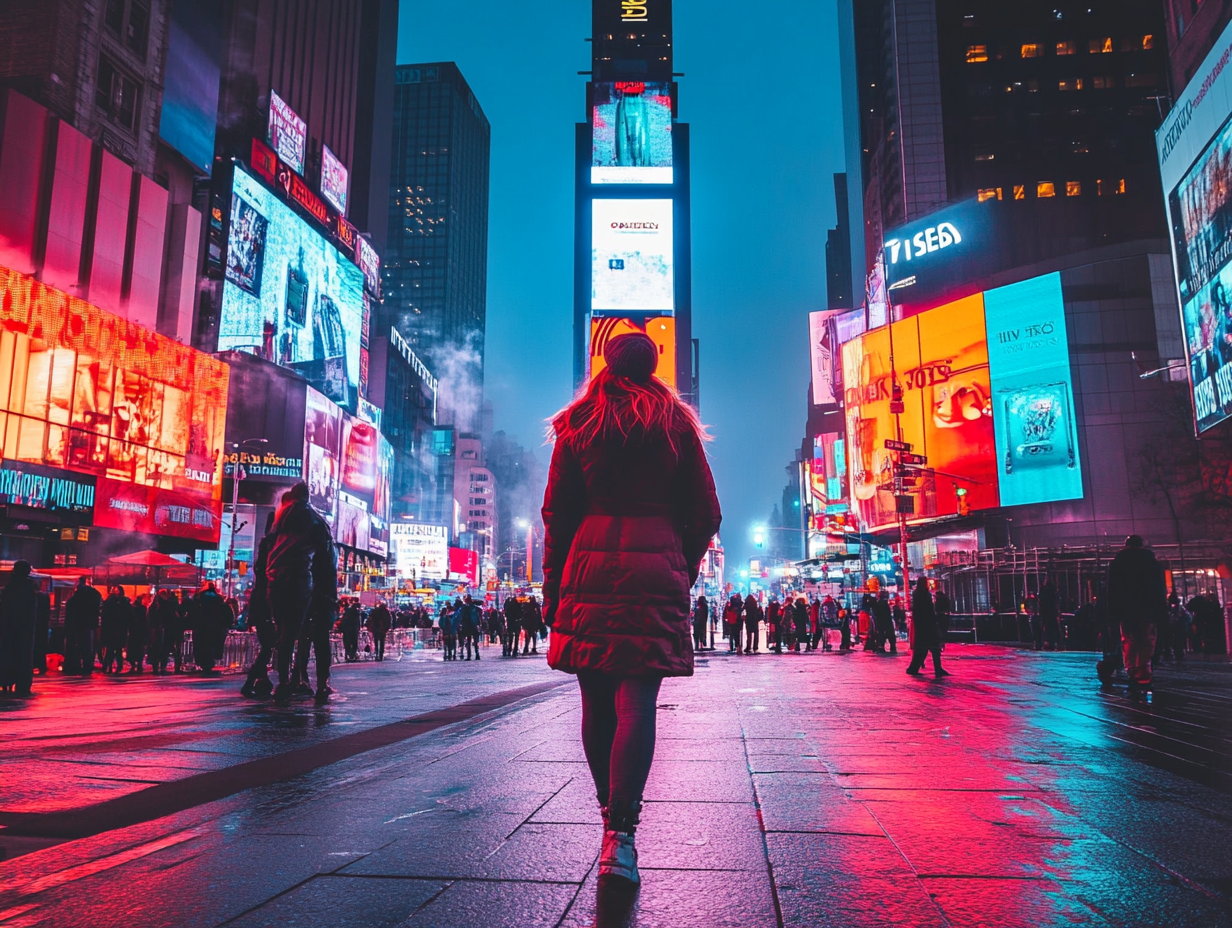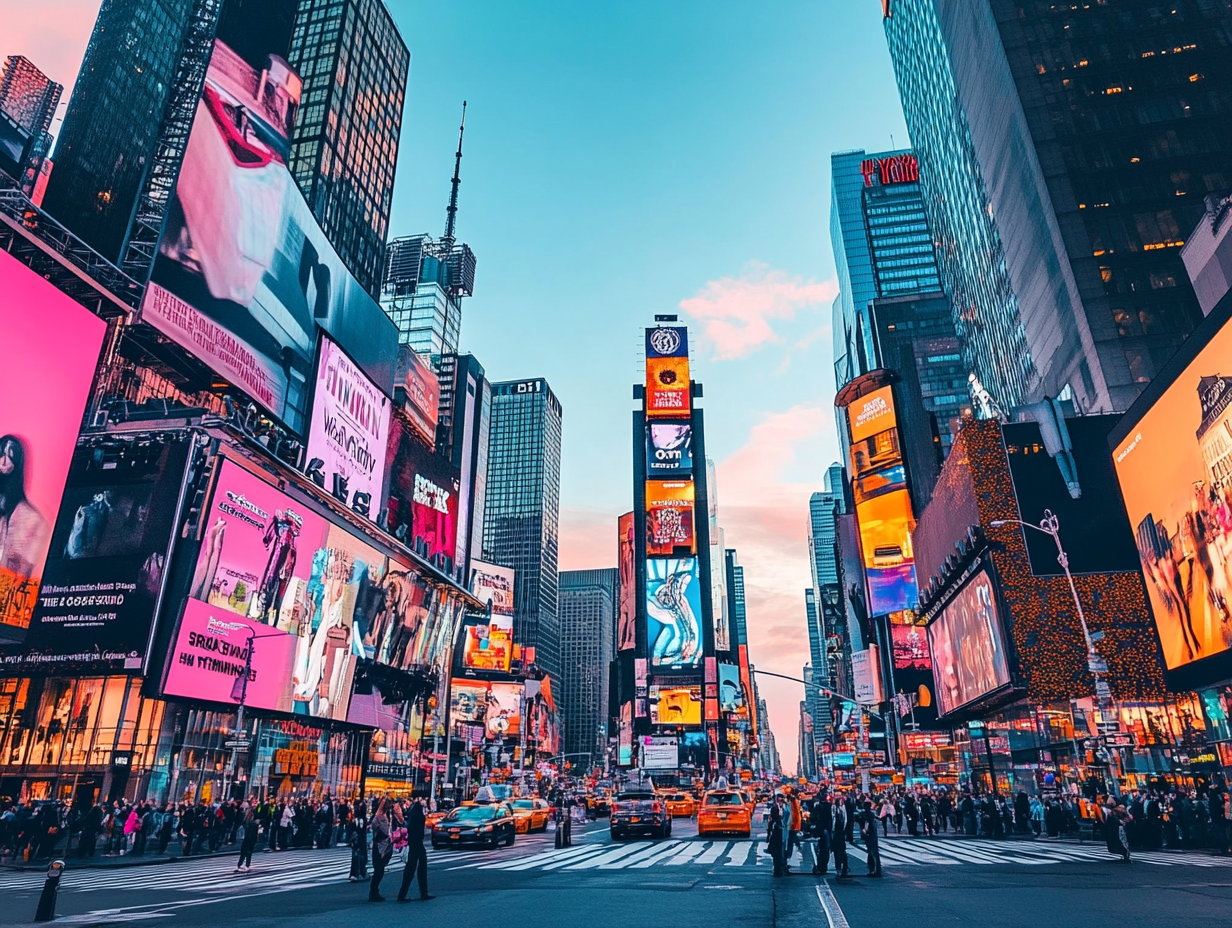Discover 10 essential monsoon travel tips for safe, scenic, and hassle-free adventures across India’s lush landscapes during the rainy season.
Monsoon in India isn’t just a season—it’s a feeling. The hills wrap themselves in mist, waterfalls roar back to life, and the scent of wet earth stirs up nostalgia and promise. Don’t let a little rain ruin your travel dreams—because this magical time can offer some of the most soul-stirring journeys you’ll ever take.
Sure, it’s not always smooth sailing. Flooded roads, sudden landslides, and delays can test your patience. But with a bit of smart planning and the right mindset, you can experience India in all its raw, lush glory.
Whether you’re dreaming of sipping hot chai in a mountain cabin or curling up in a cozy forest retreat while the rain taps gently on the roof, these tips will help you travel safe, smart, and fully in tune with the monsoon mood.
1. Pick the Right Destinations
Monsoon magic isn’t everywhere. Choose places with good roads and infrastructure—think Coorg, Munnar, Udaipur, or Spiti Valley. You’ll get the lush greenery and waterfalls without the stress of washed-out routes or landslides.
2. Keep a Close Eye on the Weather
Monsoon skies can change fast. Check weather forecasts daily, follow local updates, and download a reliable weather app. Avoid regions flagged with heavy rain or flood warnings to stay safe and hassle-free.
3. Pack Smart, Travel Light
Your monsoon kit should include waterproof bags, a sturdy umbrella, quick-dry clothes, and shoes with good grip. Zip-lock bags protect your phone and documents, and a power bank keeps you charged even if power cuts hit.
4. Build Buffer Time into Your Plans
Expect delays—trains might be late, roads slow, or detours necessary. Leave extra time in your itinerary for unplanned stops and slow travel. It’ll reduce stress and might lead to unexpected discoveries.
5. Eat Clean, Stay Healthy
Monsoon brings the risk of tummy troubles. Stick to hot, freshly cooked meals, avoid raw street food, and drink only bottled or filtered water. Carry basic meds for digestion and common colds, just in case.
6. Know What to Do If You’re Stranded
If heavy rains or floods force you to pause your journey, stay calm. Find safe shelter in a hotel or homestay, notify someone you trust, and avoid risky terrain. Keep emergency numbers, a flashlight, and some cash within reach.
7. Protect Your Gadgets and Gear
Moisture is the monsoon’s sneaky enemy. Use waterproof covers or zip-lock bags for your camera, phone, and other gadgets. Carry a microfiber cloth to wipe off water droplets quickly.
8. Choose Accommodation Wisely
Opt for hotels or homestays with good drainage and safety measures for monsoon. Check reviews for how they handle rains and if they offer backup power or heating if needed.
9. Stay Connected and Informed
Keep your phone charged and carry a portable power bank. Have local emergency numbers saved, and stay in touch with family or friends about your whereabouts, especially if you’re traveling to remote areas.
10. Embrace the Rainy-Day Vibes
Monsoon is a mood—so soak it in! Take scenic drives through misty hills, hike safe forest trails, relax in heritage homes, or simply watch the rain transform the world outside your window.
Traveling during India’s monsoon is about more than just reaching your destination—it’s about savoring the lush, raw beauty and quiet moments the rains bring. With these tips in your pocket, you’re ready to make the most of the season’s magic, safely and joyfully.



